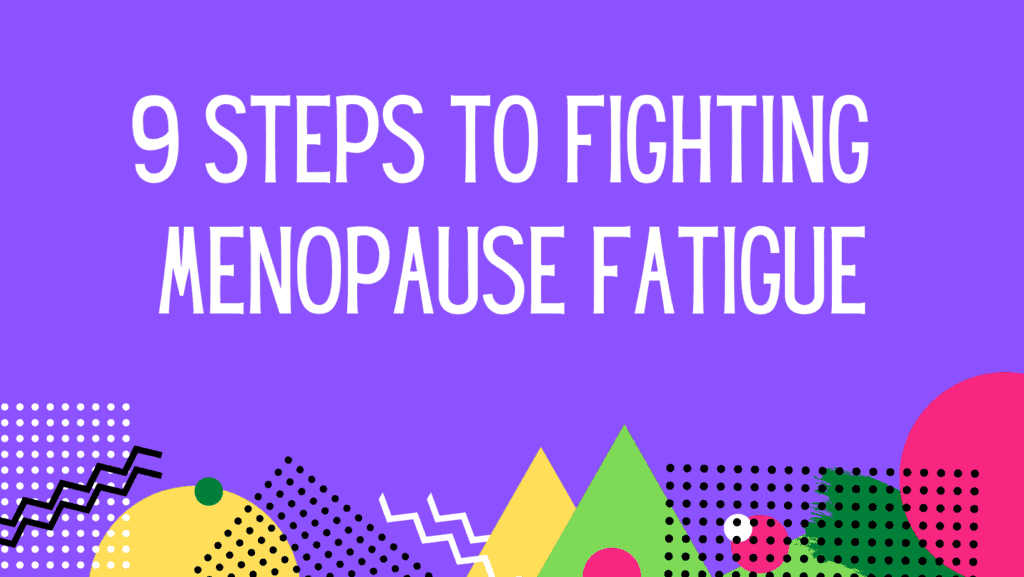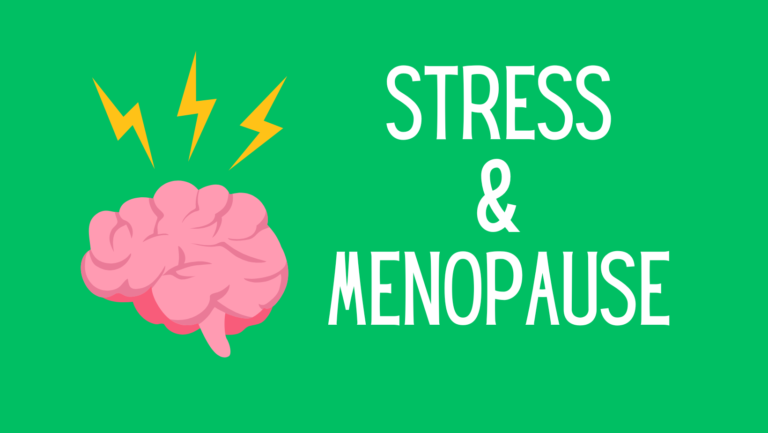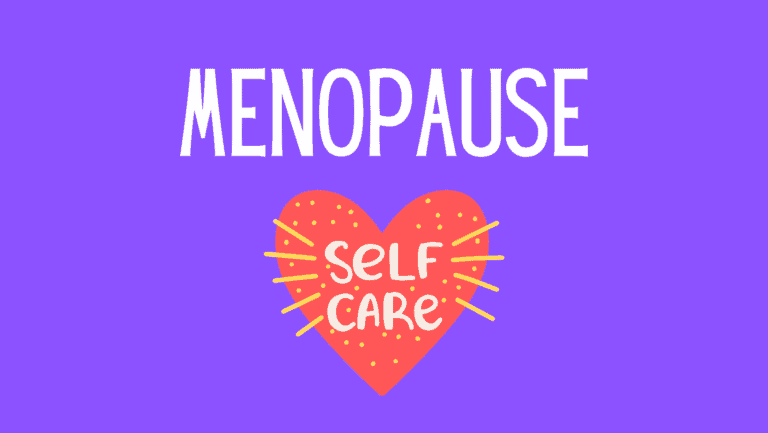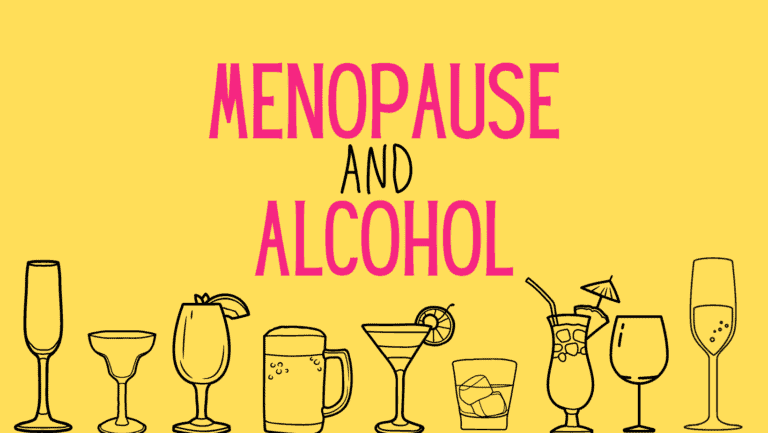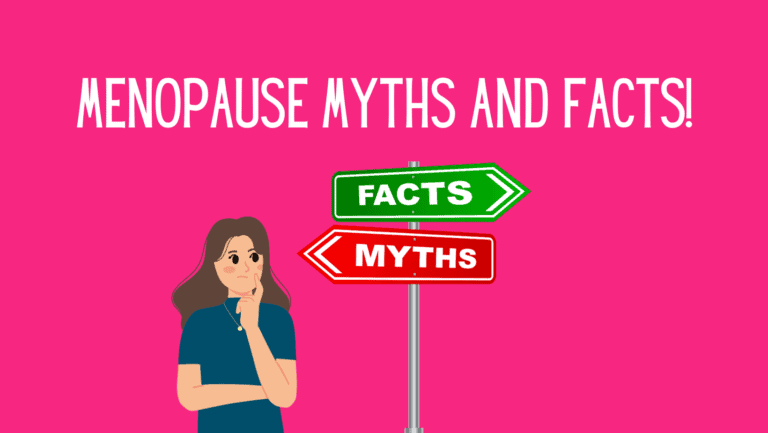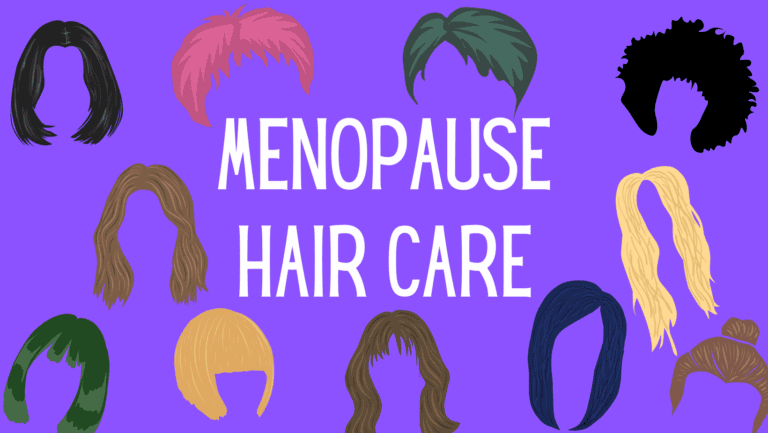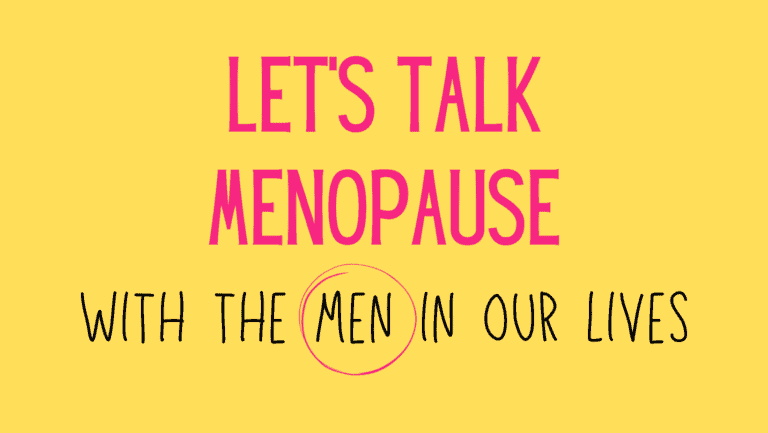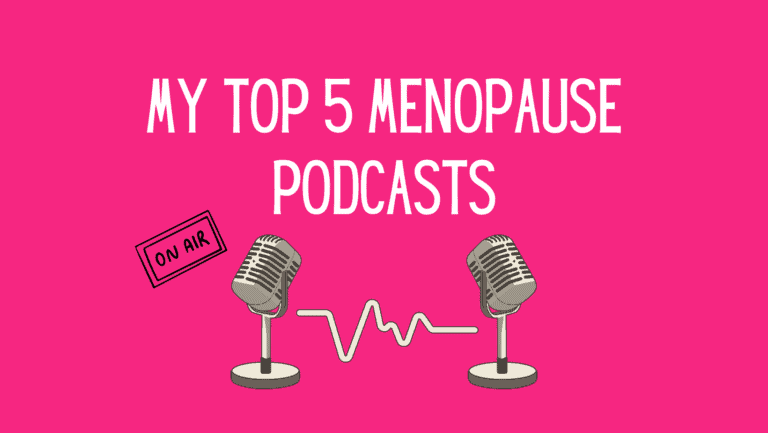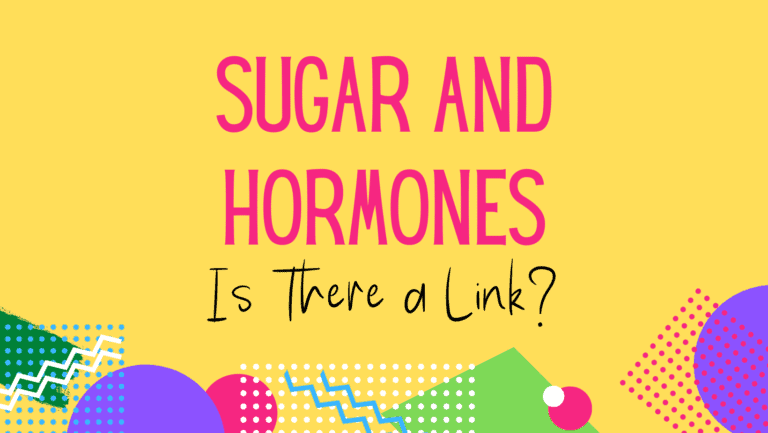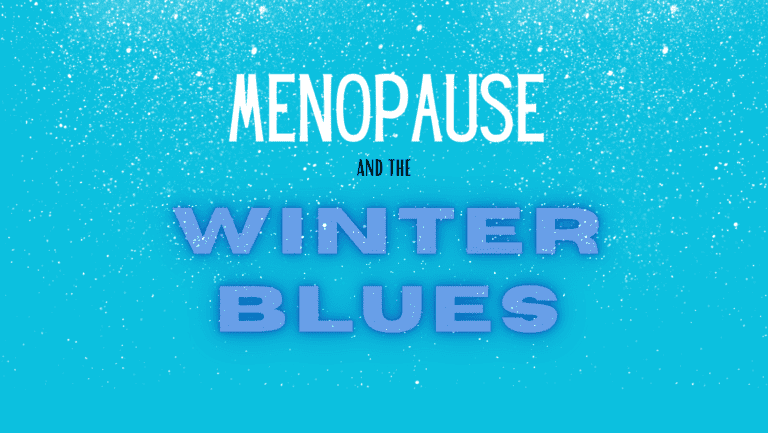Contents of Fighting Menopause Fatigue
Fighting menopause fatigue is a huge issue for me. I am on HRT and I must admit the fatigue is not as bad as it was but oh my, can it get me right in the chops when I least expect it.
There is a running joke in my house that I am off for a Nana Nap to help me get through the day.
I guess in some European countries this would be a siesta, but I would gladly make it a hibernation gave half the chance!
Fighting menopause fatigue is a daily battle but there are things out there we can do to help ourselves.
We have to consider that hormone levels are all over the place. Our bones are sore, we have anxiety, we can’t sleep, and we are having to work so much harder to get through a day.
So yes fatigue is bound to be a big deal during menopause.
It will show up differently for every woman but there are ways we can tackle this beast head-on.
Let’s take a look at what menopause fatigue is and the ways to manage it.
What is Menopause Fatigue?
Menopause fatigue is a common symptom that affects many women during this phase of life.
It is characterized by feelings of exhaustion, lack of energy, and general tiredness.
Menopause fatigue can range from mild to severe and can impact a woman’s quality of life, making it difficult to carry out daily activities, of which we have many!
It is worth a mention here that aside from hormone levels depleting women do more now than ever before.
We are smashing up the career world, being super driven and achieving so much, but there is still a perception that traditional gender roles apply.
Trying to achieve a career, be a good mum, keep a tidy house, make sure everyone eats, still be a sex kitten, be a good sister, daughter and colleague.
Is there any wonder I feel like a smashed avocado by Friday night. No, Susan, I don’t want to come to your tarts and vicars party to celebrate your new summer house. Piss off.
Trying to cope with menopause in the workplace is a tricky one. We can feel like we are failing at every turn but know that this is not your fault.
There is nothing you can do about depleting hormones so please remember to be kind to yourself.
What Does Menopause Fatigue Feel Like?
Menopause fatigue can be described in many ways, including feeling drained, exhausted, and having a lack of energy.
It can make it difficult to focus and concentrate on tasks and leave women feeling sluggish and unmotivated. You can feel like you have been hit by a truck or simply feel a bit out of it and not sure why.
I can’t tell you how many times I have stared at my computer screen for what felt like hours, not knowing how I was going to write an email. Just the one email felt like a massive task.
It is the weirdest thing to experience because it was nothing like being tired when a baby has kept you up all night, or you rock in from the club at 4 in the morning but are at your desk for 9 am.
It is a weird, physical thing that you think will never pass. Fighting menopause fatigue some some huge effort…
How Can I Fight Menopause Fatigue? 9 Steps
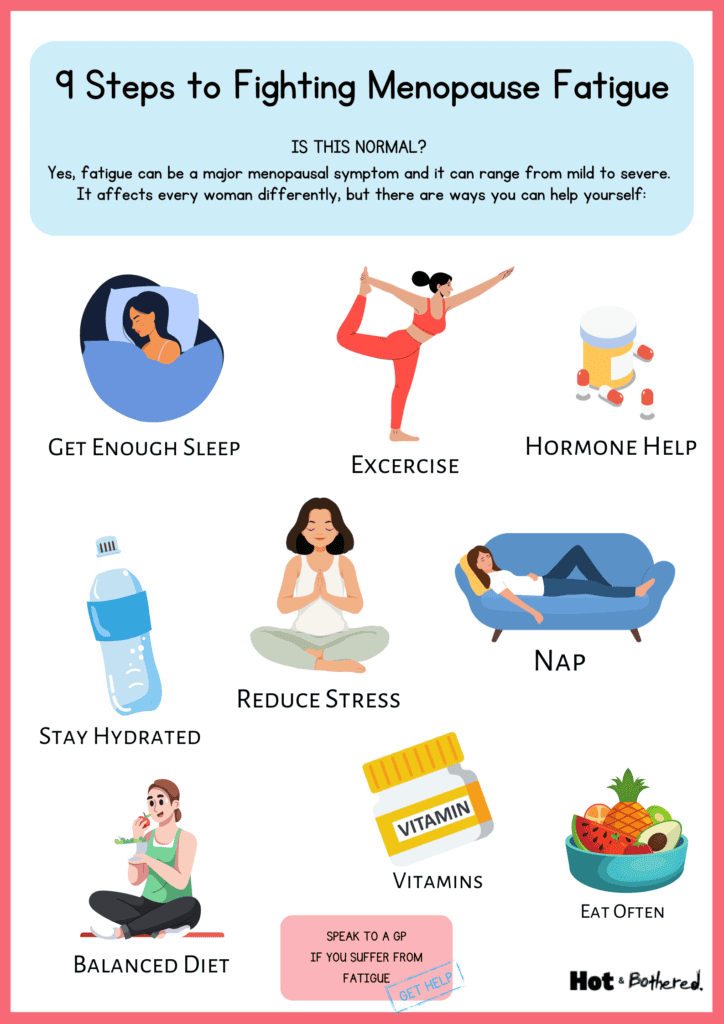
Fortunately, there are several ways to combat menopause fatigue. Here are some tips and strategies to try:
1. Get Enough Sleep
Aim for 7-9 hours of quality sleep each night. Create a relaxing bedtime routine and avoid electronic devices for about an hour before bed.
You know this is easier said than done when hot flushes, anxiety and joint pains are in the bedtime routine. If we are going to have crappy sleep we need to try everything and leaving the phone alone really does help!
I have this sleep lamp and set it to the sounds of crickets and it emits a warm orange glow, as time passes the crickets go quiet and the sun sets on the light.
Then in the morning, the sunrise fills my room with natural (but fake) light. It has helped a lot with chilling me out before I fall asleep and is a much more gentle way of waking up.
2. Exercise Regularly
Exercise is a natural energy booster and can help improve sleep quality.
Aim for at least 30 minutes of moderate activity most days of the week. Now I tried hard not to laugh as I wrote that. What a fraud I am.
I am currently up to 15 mins on kettlebells and only because it is nearly summer at the time of writing this and these bingo wings won’t tone themselves.
We all know that exercise helps with sleep and I need to take my own advice. I will update you when I am further down the road on my exercise journey.
3. Eat a Balanced Diet
A healthy diet that includes fruits, vegetables, whole grains, and lean protein can help maintain energy levels throughout the day.
Avoiding processed foods, sugary drinks, and caffeine, has done wonders for my tiredness.
We have been told for so long about eating right but up until my desire to fight menopause fatigue arrived I was not the best at this.
Now I am like a ninja, eating well and practice some serious self-love with my food. Also making sure it’s good stuff that I am eating and is cooked right.
I will ALWAYS need strawberry laces in my life but now they are for a treat and not to get me through the 4 pm lull.
4. Manage Stress
Stress can make menopause symptoms worse, including fatigue.
The advice on this in most medical circles is to practice stress-reducing techniques such as meditation, yoga, or deep breathing exercises.
Meditation is the best, I am no expert but 15 minutes a day has dramatically improved my stress levels, my concentration and my decision-making.
Sometimes it’s just about trying to hear my own breathing, being in the moment and ignoring the fact that my son is lobbying fish fingers around the kitchen because today he hates them.
5. Take Breaks
If possible, take short breaks throughout the day to rest and recharge.
Nana Nap what you need? Then do it!
I am sure there are 100 articles out there saying don’t nap, but you do you. Whatever you have to do to recharge is the most important thing you can do for yourself.
Battling through doesn’t work, we make mistakes and get crabby. If napping isn’t for you then try a quick walk in the fresh air or 15 mins of meditation.
6. Hormone Replacement Therapy
In some cases, HRT may help alleviate menopause fatigue.
Talk to your doctor about the risks and benefits of hormone replacement therapy.
All I can give you is my experience and as I mentioned above, HRT has really improved my menopause fatigue. I am not 100% back to normal levels but it is a work in progress and much better than I was that’s for sure.
I take the Sandrena 1.0mg gel and the progesterone tablets for half the month.
Currently, it is working well and I have definitely seen improvements in all my other symptoms.
I am hoping that the more time passes and the better I get at doing these 9 steps my fatigue slowly fizzles out.
7. Consider Supplements
Certain supplements may help reduce menopause symptoms, including fatigue. For example, studies have shown that vitamin D and B12 can help improve energy levels.
I am no expert in this but I take B12 every day (being a veggie this is a wise move) and it certainly helps boost my energy levels.
Do some research around this yourself and speak to your GP for some sound advice.
8. Drink More Water
You need to become a water baby.
When you are dehydrated you impact the flood of oxygen to the brain and your menopausal body has to work even harder to get you through the day.
Give her a helping hand by keeping up the water intake.
You will feel less tired, more alert and able to concentrate a lot more. Water is queen.
9. Eat More Often
This is not an excuse to start stuffing down muffins and chips but it is about little and often.
My blood sugars fly all over the shop throughout the day and the easiest way to combat this is that eat little and often.
If I have a big lunch I can guarantee an hour later I resemble Grandpa post Christmas lunch, slumped on the sofa, TV in hand and muttering something about dessert being a different belly.
The only hope I have to battle my fatigue during the day is to eat little and often.
Nuts, fruit, a small bagel, that kind of vibe. It works for me, it might work for you.
Just remember that portion control is a must here!
Does Menopause Fatigue Ever Go Away?
This is a tough one to answer.
Menopause fatigue is a common symptom that can last for several years, but it can improve with lifestyle changes and medical treatments I have mentioned above.
It is important to talk to your doctor if your fatigue is severe or impacting your daily life.
Fatigue was the first symptom I had with perimenopause and I wish I had pushed for more tests so I didn’t have to fight menopause fatigue for as long as I did.
Let’s end this post by saying that there are many things you can do to make yourself feel a little better if you are fighting menopause fatigue.
However, you need to be 100% sure that this is menopause fatigue and not an underlying condition.
Please, if you are feeling exhausted all the time, call your GP and demand a proper conversation about it.
Get all the tests needed to confirm that menopause fatigue is the culprit. If it is, you now have a bunch of useful tips to get you through the day.
I will keep you in the loop of my exercise journey but until next time. Stay hydrated and be kind to yourself.
Fighting menopause fatigue doesn’t have to be something you do alone.
Kathryn x
Disclaimer: I am not a medical professional, herbal or physical therapist, and I am not educated in the menopause space. All opinions expressed on this blog are my own and should not be taken as medical advice. This blog is intended to share my personal experiences and insights, and should not be used as a substitute for professional advice. Please consult a qualified medical professional, herbal or physical therapist for any health-related concerns. Additionally, I strive to keep things light and entertaining, but please keep in mind that the topics discussed on this blog may be sensitive or triggering for some readers.
Get Your Free Perimenopause Symptom Checker
Thank you!
Your symptom checker is on its way to you!
